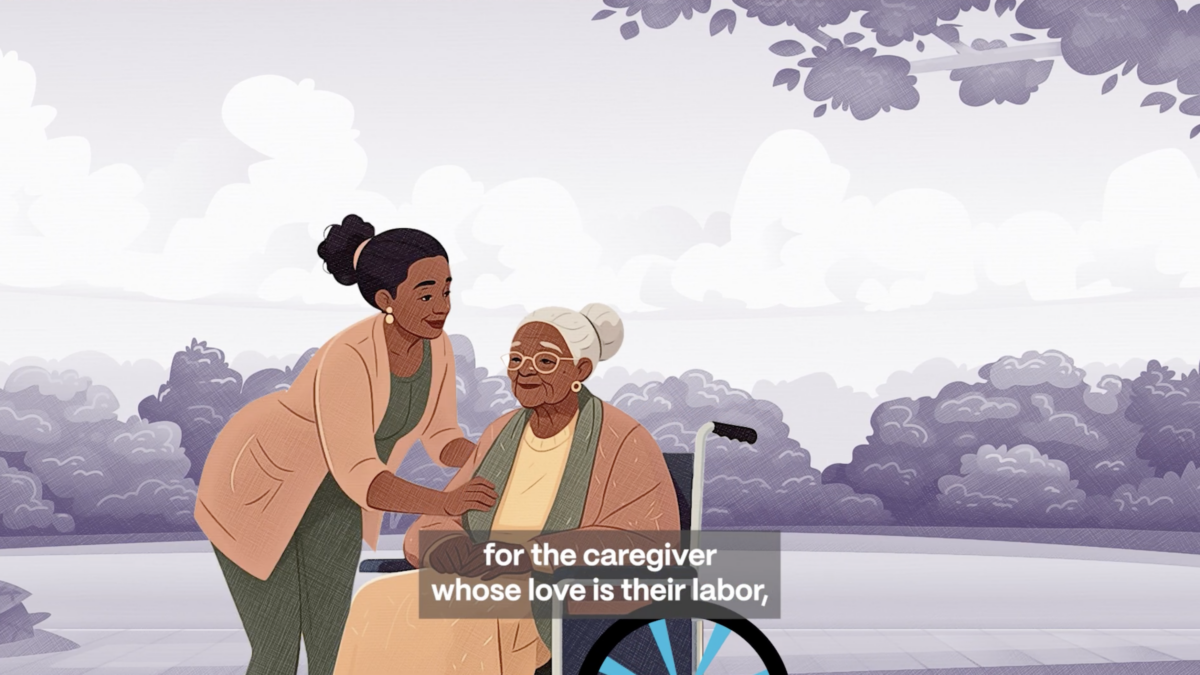The Truth about Medicaid Work Requirements: Costly, Ineffective, and Harmful
As state and federal lawmakers renew their focus on Medicaid work requirements, it’s time to set the record straight: these policies don’t increase employment, they don’t save states money, and they disproportionately harm people already struggling to make ends meet—especially caregivers, mothers, and workers in unpredictable jobs.
Imagine losing your health care because of bureaucratic red tape—not because you didn’t qualify, but because you missed a paperwork deadline or couldn’t keep up with rigid work reporting rules. This is the reality for many Medicaid enrollees across the country. To hand out massive tax cuts to billionaires and corporations, Republican congressional leaders are proposing cuts to Medicaid using oppressive and wasteful reporting rules and policies also known as Medicaid work requirements. No matter how they’re packaged, these work requirements aren’t about helping people find jobs—they’re about making it harder for families to keep their health care, while the wealthiest get even richer.
Medicaid work requirements force people to prove they work enough hours to keep their health care coverage, creating a maze of paperwork and reporting rules that often strip coverage from working families, caregivers, and those with irregular schedules—not because they don’t qualify, but because the system is designed to be nearly impossible to navigate.
The Facts: Work Requirements Don’t Work
The majority of adults on Medicaid are already working or face barriers that prevent them from maintaining stable employment. According to the latest KFF report, nearly two-thirds of Medicaid enrollees under 65 are working, and nearly three in ten are not working due to caregiving responsibilities, illness, disability, or school attendance. Work requirements don’t help these individuals find jobs—they just add unnecessary administrative burdens that can result in lost coverage.
64% of adult Medicaid enrollees under 65 are already working full or part-time
Source: 2023 KFF Report
Arkansas saw this firsthand. When the state implemented work reporting requirements under the Trump administration, over 18,000 people lost their Medicaid coverage—not because they weren’t working, but because they couldn’t navigate the unnecessary paperwork. The policy was ultimately struck down in court.
New Hampshire’s attempt to implement one of the strictest Medicaid work reporting requirements—quickly proved unworkable, with similar failures in outreach and implementation. New Hampshire ultimately pulled their waiver due to confusion and concerns about coverage loss with estimates of approximately estimated 15,000 disenrollments were; soon after the state’s decision, a federal court ruling halted the program.
Georgia is now the only state enforcing Medicaid work reporting requirements. Since 2023, the Pathways to Coverage program has seen low enrollment—just 6,500 participants out of an estimated 175,000 eligible individuals—due to burdensome reporting requirements and administrative barriers. Meanwhile, millions of the funding has gone to pay for consultants and administrative costs rather than expanding access to care. The program remains costly and ineffective, further demonstrating why these policies create more harm than good.
More Red Tape, More Costs, Worse Health Outcomes
Proponents argue that these policies encourage workforce participation, but research shows otherwise. The Congressional Budget Office found that imposing work requirements would primarily result in coverage losses, not increased employment. Worse yet, these policies often cost states more—as bureaucratic red tape leads to increased administrative spending while shifting more people onto costly emergency care when they lose preventive coverage.
Who Gets Hurt?
These policies disproportionately impact:
- Caregivers: Parents and family caregivers, mostly women, who provide unpaid labor and often cannot work a traditional job.
- People with inconsistent work schedules: Hourly and gig workers, whose shifts change unpredictably and who may struggle to meet rigid reporting deadlines.
- Individuals with disabilities or chronic health conditions: Those battling cancer, managing disabilities, or recovering from serious illness or injury, who may be too sick to work.
Moms like Eboni in Georgia, a cancer survivor with inconsistent work, are speaking out to protect Medicaid. Join them by sharing how Medicaid has helped you or your loved ones.
Health Is a Right, Not a Reward
At Community Catalyst, we reject the premise that health care should be earned through work. Instead of erecting barriers to coverage, we should be making it easier for people to get the care they want and need. Expanding Medicaid access, removing unnecessary work reporting burdens, and focusing on community health solutions will lead to better outcomes for families and the economy.
Watch our explainer video to learn more about why work requirements fail—and what we can do instead to build a fairer, healthier health system for all.

